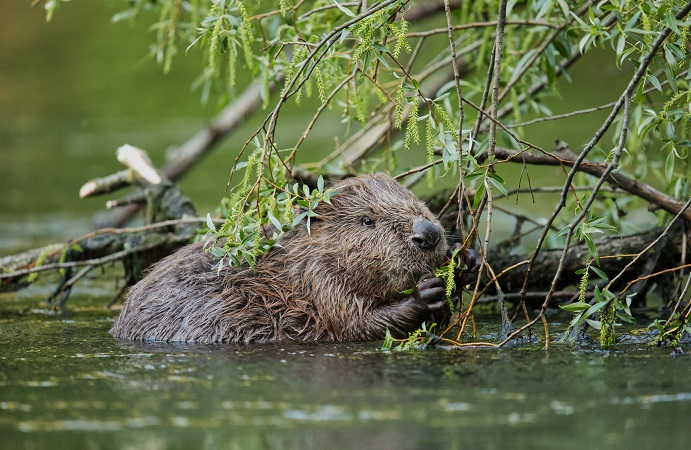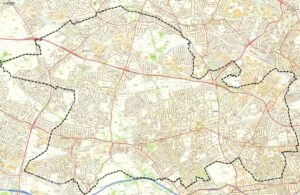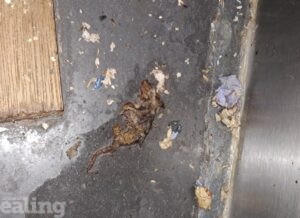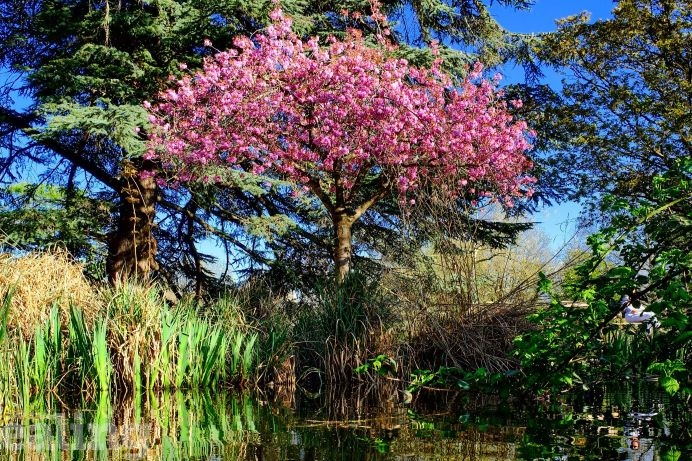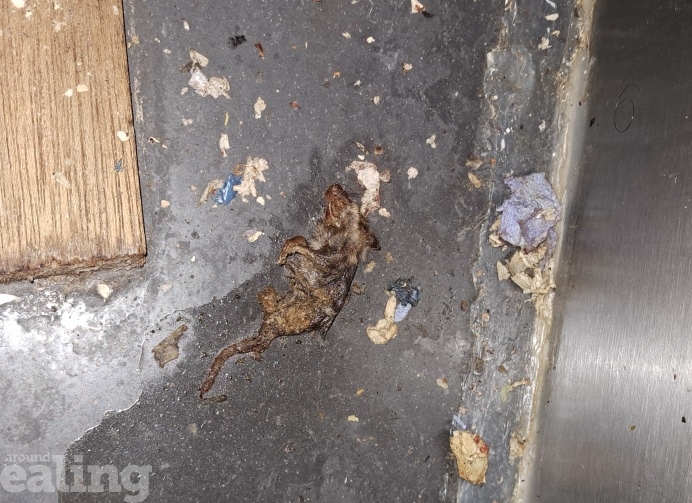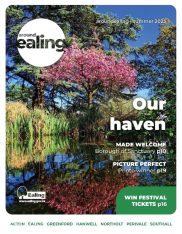Beavers will return to live wild in our borough after more than 400 years, in a rewilding first for urban London.
A licence has been granted by Natural England for Eurasian beavers, a native British species and Europe’s largest rodent, to be introduced in Paradise Fields, a 10-hectare area of woodland and wetlands in Greenford owned by Ealing Council. Beavers were driven to extinction after being hunted for their fur and meat.
The community-led project is a collaboration between Ealing Wildlife Group, Citizen Zoo, Friends of Horsenden Hill and the council, with support from experts at Beaver Trust. Initially, it will be carried out as a controlled, enclosed trial to allow local people to learn how to live alongside their new furry neighbours.
The public will be allowed access to the wetland, once the beavers have settled in and the project progresses. It will offer a rare opportunity to see their habitat up close.
Eco superheroes
Beavers are what are described as a ‘keystone species’, meaning their dam-building activities make a key contribution to biodiversity and in helping other wildlife to thrive. The ponds they make provide nurseries for insects, fish and amphibians, while clearings they create benefit wildflowers and attract insects and birds.
Their presence can also lead to cleaner water, carbon storage, flood risk reduction and drought prevention.
This new project is expected to help a variety of important species on the council’s biodiversity action plan (BAP), including Great Crested Newts, and could also lead to the reintroduction of water voles.
By shaping the wetland, beavers can also help the local area combat and adapt to the impacts of climate change. It can lead to reducing the threat of flooding in winter months and, in particular, may help prevent the problems regularly experienced around Greenford Tube Station and surrounding streets. Conversely, it can also cut the effects of drought in summer months by helping the land to retain more water.
Councillor Deirdre Costigan, the council’s cabinet member for climate action, thanked the local groups, and said: “Beavers being rewilded in an open, urban setting is exciting and could prove to be a real climate action success story for Ealing that, hopefully, can show other urban areas the way forward. The council is investing £45,000 in the project and it is part of our commitment to increasing the biodiversity of our borough. We’ve really benefited from working with local groups on this.”
‘Ecosystem engineers’
Dr Sean McCormack, chair and founder of Ealing Wildlife Group, said: “Many people assume beavers to be a wilderness species. In fact, we’ve just forgotten how closely we used to live alongside them. And we’ve forgotten the rich tapestry of life they can bring as engineers of healthy ecosystems. Healthy ecosystems clean our water and air, reduce flooding and drought, capture carbon to tackle climate change and boost biodiversity. We’re itching to get started and to get the community further involved, too.”
Elliot Newton, co-founder of rewilding and conservation group Citizen Zoo, said: “Across Europe and North America, beavers are known to thrive alongside urban communities, bringing a range of benefits – from increasing the resilience, to the challenges of climate breakdown and enriching people’s daily lives, as they encounter these magnificent mammals in their local greenspaces. We are hoping to challenge perceptions and demonstrate how London, too, can embrace these ecosystem engineers as we strive for a healthier, wilder future in which our capital can become a leader in urban rewilding. Which will greatly benefit not only wildlife populations but local communities too.”
Jon Staples, a council park ranger who oversees the site, said: “This will be a unique opportunity to let the wildlife engineer a landscape with minimal intervention from us. We will step back and leave it to the beavers to do what they’ve done for tens of thousands of years. It will be a fascinating journey.”
Dr Roisín Campbell-Palmer, head of restoration at the Beaver Trust said: “It’s been wonderful to watch the project team involve the Ealing community as the project developed. Now that beavers are back in Britain, learning to coexist with them is fundamental to the species’ successful restoration. We look forward to continuing to support the team to make the most of this superbly located site.”
Looking to the future
Councillor Costigan added: “The council’s biodiversity action plan, which is a key part of our climate action strategy, has been in place for almost a year now and we are beginning to see some real progress. For example, in that time, 7,000 new trees have been planted, and wildflower meadows created. We have plans to rewild land equivalent in size to 130 football pitches, which includes supporting projects such as this one in Paradise Fields. There is lots more to do in the months and years ahead, of course, and that goes for everyone who lives and works in the borough. But the beaver project is a great example of how the council is working with community groups and local volunteers to help with nature recovery.”
Supporting the project
Citizen Zoo has started a fundraising appeal to support the beaver project’s running costs. If you would like to contribute, visit the donations page on its website.
